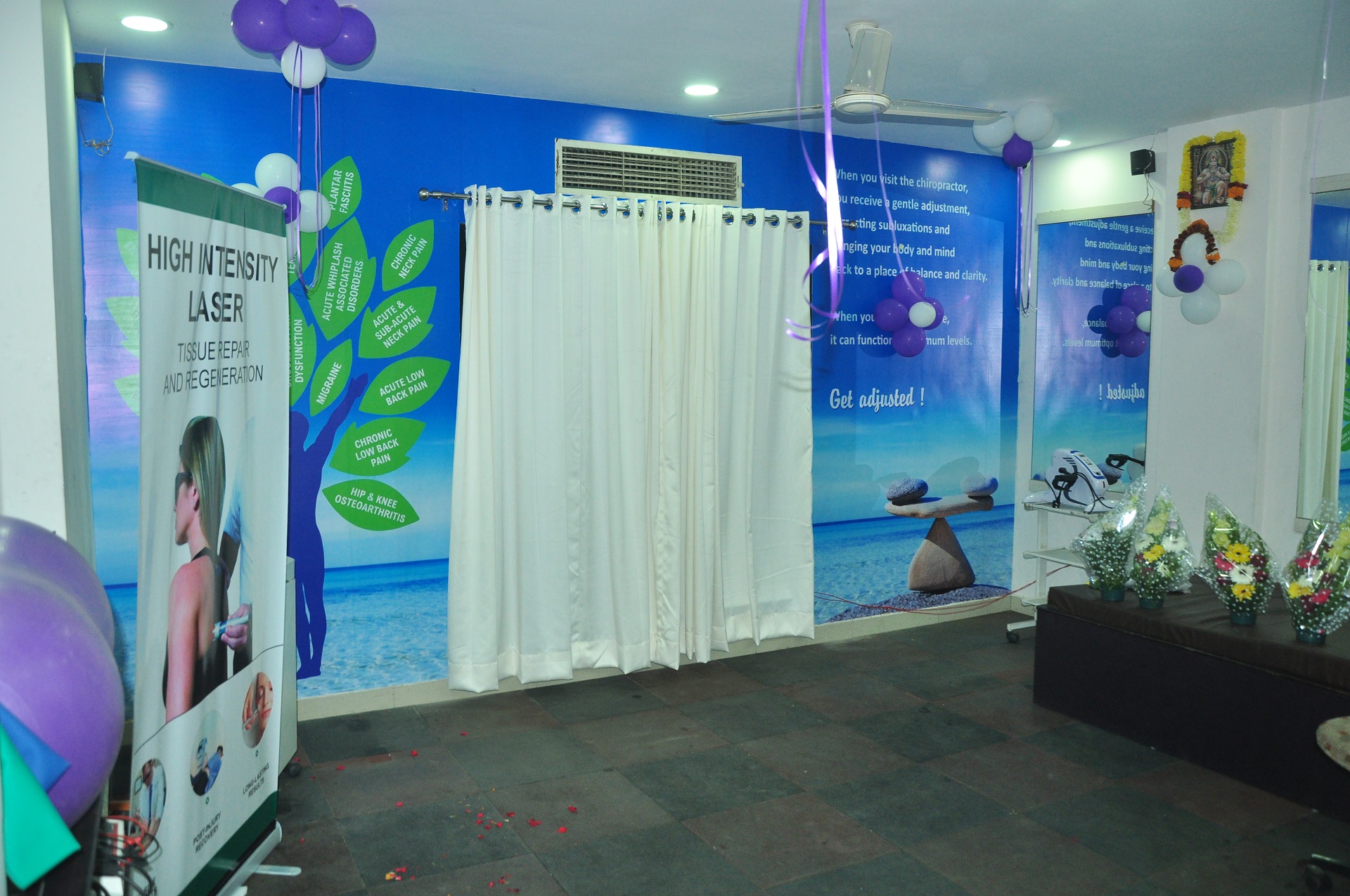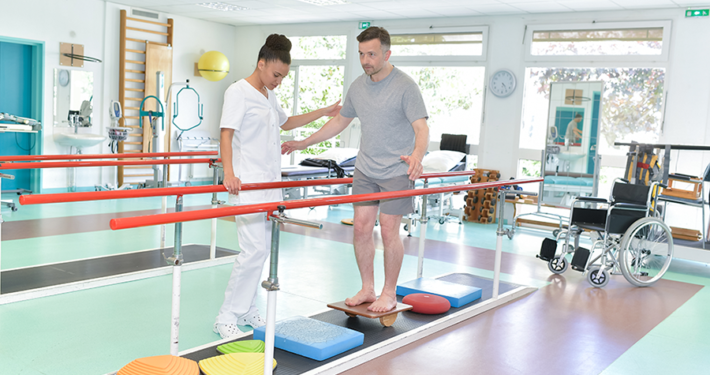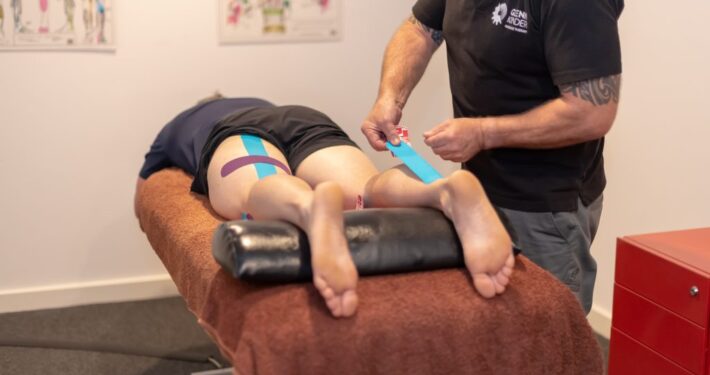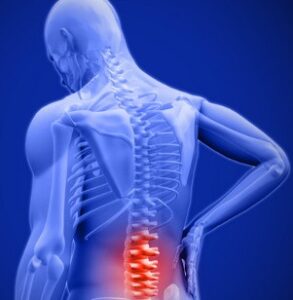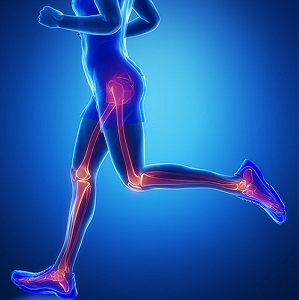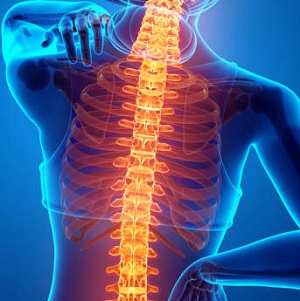Treatments Available
Neck Pain
Most neck pain is associated with poor posture combined with age-related wear and tear. To help prevent neck pain, keep your head centered over your spine. Some simple changes in your daily routine may help.
Back Pain
Back pain can affect people of any age, for different reasons. As people get older, the chance of developingTrusted Source lower back pain increases, due to factors such as previous occupation and degenerative disk disease.
Disc Injury
Most people can’t pinpoint the cause of their herniated disk. Sometimes, using your back muscles instead of your leg and thigh muscles to lift heavy objects can lead to a herniated disk, as can twisting and turning while lifting. Rarely, a traumatic event such as a fall or a blow to the back is the cause.
Headache
Headache is one of the most common outpatient pain conditions encountered in both physician offices and emergency departments. The National Headache Foundation estimates that more than 45 million Americans suffer, with the vast majority presenting with migraine or tension-type headache.
Sports Injury
Sports injuries are commonly caused by overuse, direct impact, or the application of force that is greater than the body part can structurally withstand. There are two kinds of sports injuries: acute and chronic. An injury that occurs suddenly, such as a sprained ankle caused by an awkward landing, is known as an acute injury.
Joint Pain
Joint pain can be discomfort, pain or inflammation arising from any part of a joint — including cartilage, bone, ligaments, tendons or muscles. Most commonly, however, joint pain refers to arthritis or arthralgia, which is inflammation or pain from within the joint itself.
.
Pinching Nerve
A pinched nerve refers to a certain kind of damage to a nerve or group of nerves. It’s caused when a disc, bone, or muscle places increased pressure on the nerve.A pinched nerve can cause carpal tunnel syndrome, sciatica symptoms (a pinched nerve can’t cause a herniated disc, but a herniated disc can pinch a nerve root), and other conditions.
Ankylosing Spondylities
Ankylosing spondylitis has no known specific cause, though genetic factors seem to be involved. In particular, people who have a gene called HLA-B27 are at a greatly increased risk of developing ankylosing spondylitis. However, only some people with the gene develop the condition.
Reviews
Our Team

Dr. Vaishali V. Kalbande
BPTh. MHA & M, DOMTP (Canada)

Dr Narkeesh Arumugam A
B.P.T., M.P.T., PhD

